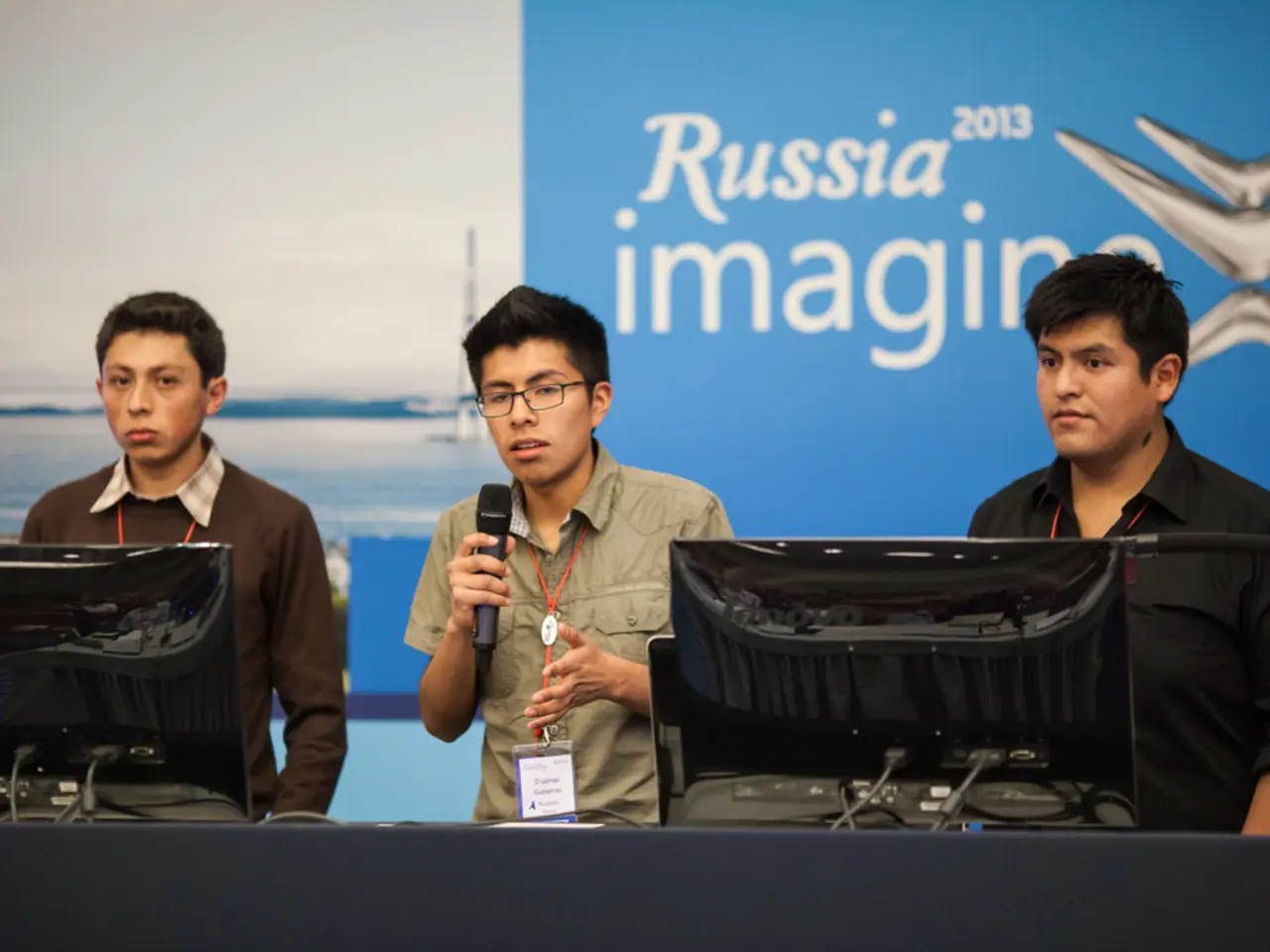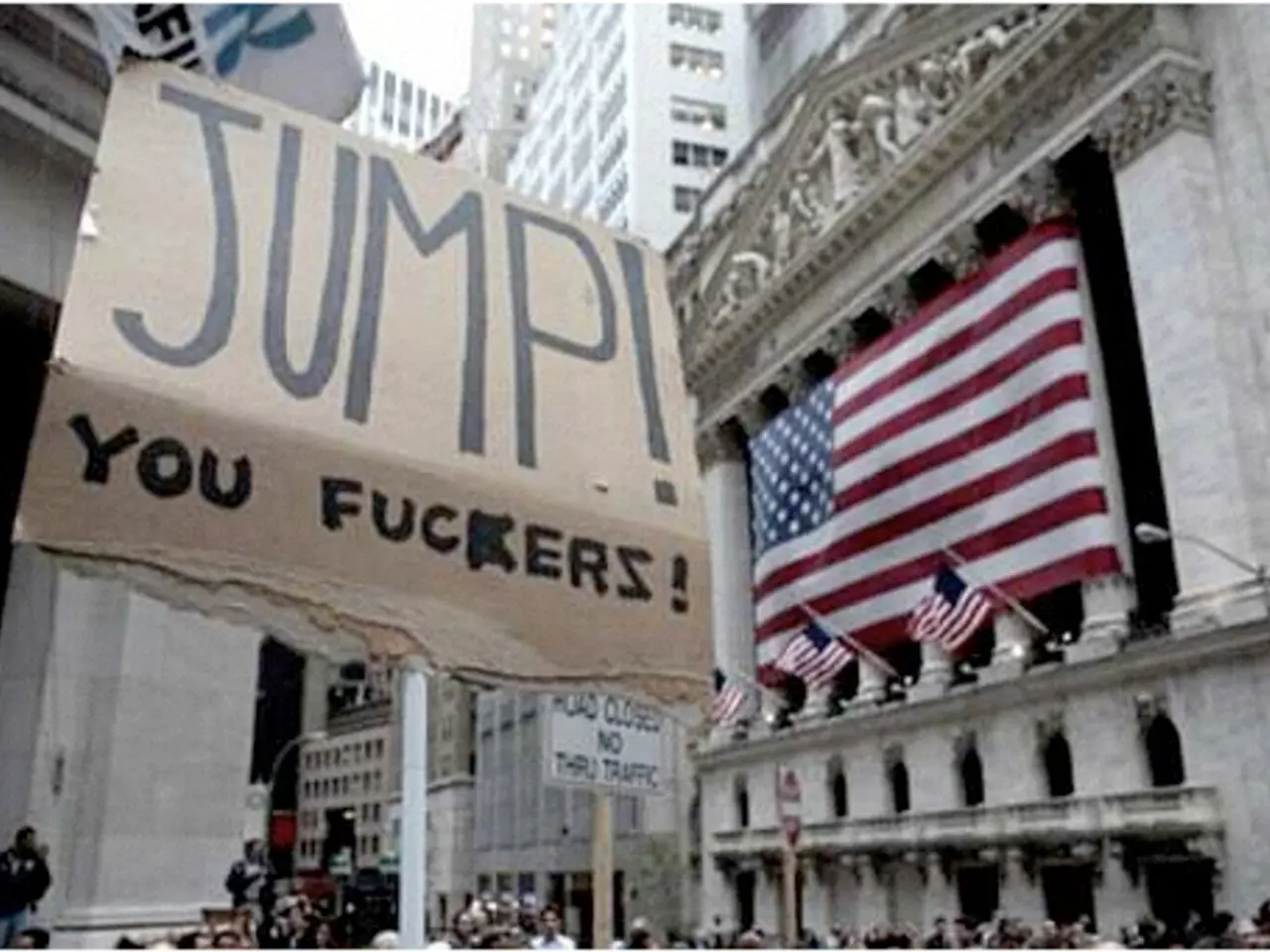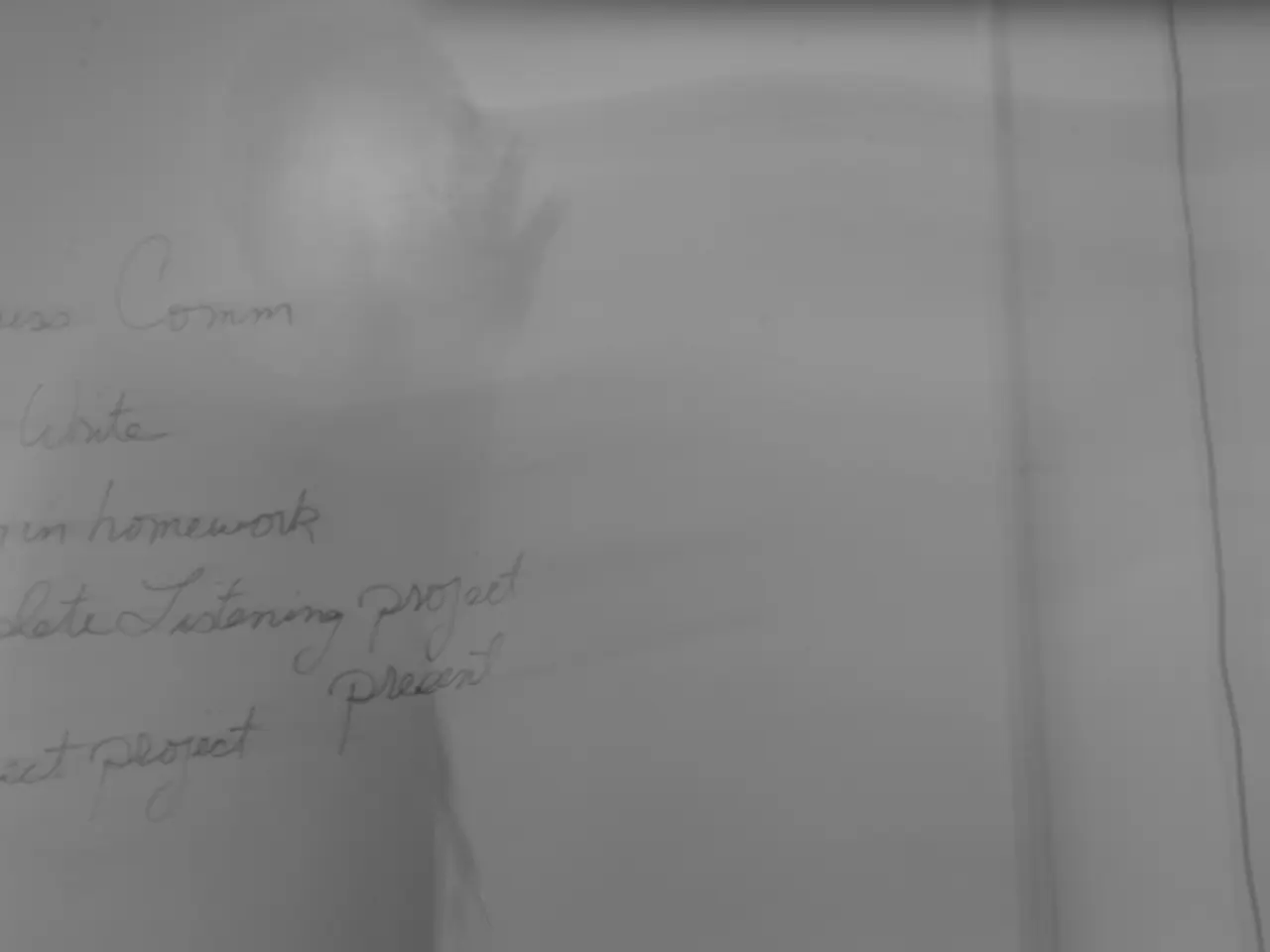Russia faces another round of economic sanctions imposed by the European Union, marking the eighteenth such package since the start of the conflict.
The European Union (EU) has announced its 18th sanctions package against Russia, aiming to increase pressure on the country amid the ongoing war in Ukraine. This latest round of sanctions is one of the most stringent to date, focusing on cutting Russia’s energy revenues, restricting the banking sector, weakening the military-industrial complex, strengthening anti-circumvention measures, and holding Russia accountable for crimes against Ukrainian children and cultural heritage.
Energy Sector
The EU has lowered the oil price cap on Russian crude from USD 60 to USD 47.60 per barrel, about 15% below current prices, with a dynamic adjustment mechanism. Additionally, an additional 105 tankers from Russia’s "shadow fleet" have been sanctioned, totaling 444 vessels now banned from EU ports and maritime services. The EU has also banned imports of refined products derived from Russian crude processed via third countries, with narrow exemptions for Canada, Norway, Switzerland, the UK, and the US. All transactions related to Nord Stream 1 and 2 pipelines, including maintenance for possible future use, have been fully banned.
Financial Sector
Twenty-two additional Russian banks have been blacklisted, restricting access to EU-based financial services. This includes T-bank, Yandex Bank, Ozon Bank, and others, joining the 23 banks already sanctioned. The Russian Direct Investment Fund (RDIF) and its affiliates have been comprehensively banned from transactions. Measures have also been enhanced against third-country banks, crypto-services, and credit institutions aiding sanction circumvention, including through Russia’s SPFS system.
Military-Industrial Complex
The export ban list has expanded with persons and entities connected to Russia’s military and defense sectors. This includes new items contributing to military technology and industry such as chemicals for propellants, aluminium goods, chemicals, plastics, machine tools, and measuring devices. More than 180 customs (CN) codes have been added to the list of banned exports, enhancing Russia’s industrial capacities. Transit bans now include items such as discharge and water-jet machine tools.
Additional Measures
New individual sanctions have been imposed on persons, companies, and entities supporting or benefiting from the Russian government, aiding illegal annexations of Ukrainian territory, or supporting Russian armed forces and arms industry. The EU has also introduced tighter sanctions on Belarus that resemble measures against Russia. Financial transfers related to the exit of EU company subsidiaries from Russia saw specific exemption possibilities to regulate corporate withdrawals.
Sanctioned Entities
While the exact new list of the 22 additional banks and specific companies is not detailed in the summarized sources, the cumulative blacklisting now affects 45 banks (23 previously plus 22 newly added) barring access to EU banking services. Other industrial enterprises tied to the military-industrial complex are also part of the expanded export ban list.
The 18th EU sanctions package also includes industrial enterprises and companies from the UAE, Singapore, Mauritius, China, India, and Azerbaijan with ties to Russia. Notable individuals sanctioned include Ilshat Shagaidahmetov, former Director General of the Fund for the Development of Territories, Karen Shakhnazarov, a Russian film director, Vladimir Kuriakov, Rector of Vernadsky Crimean Federal University, and Olga Burova, First Deputy Minister of Culture of the Republic of Crimea.
Agricultural Imports
The EU has also imposed new tariffs on Russian and Belarusian agricultural imports. Eight legal entities linked to the military-industrial complex of Belarus have been imposed sanctions by the EU, including "Belvneshpromservice" and "LÉMT" scientific and technical center.
This sanctions package builds on previous rounds, aiming to degrade the Russian economy and military, cut off revenue streams, and prevent sanction evasion through tougher enforcement and wider coverage including companies, individuals, and fleets.
- In addition to the sanctions on Russian energy and financial sectors, the EU has extended restrictions to the military-industrial complex by banning exports of various items related to military technology and industry.
- The recently announced 18th EU sanctions package also includes industrial enterprises and companies from countries such as the UAE, Singapore, Mauritius, China, India, and Azerbaijan, which have ties to Russia, along with the sanctioning of specific individuals in Russia and Belarus.







